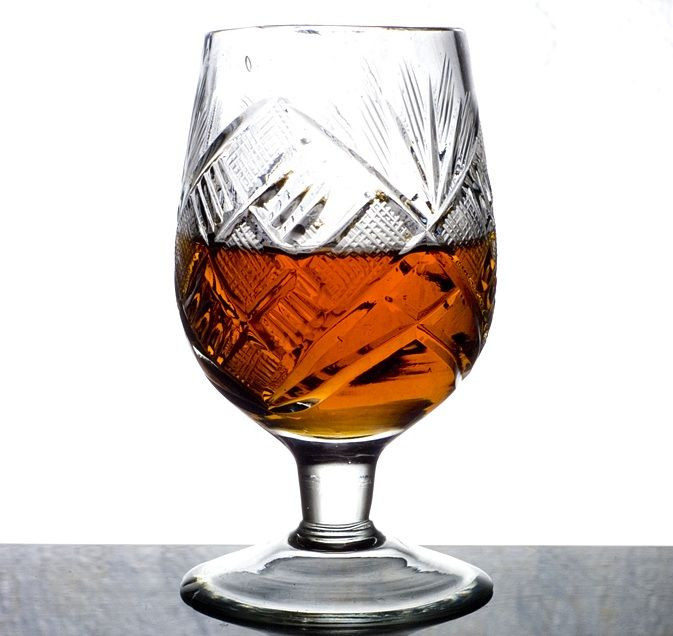Dozy Nightcaps Disrupt Deep Sleep

A nightcap before bedtime might make you fall asleep quicker, but it could also disrupt your night's rest, according to a new review of sleep research.
Researchers at the London Sleep Center evaluated a collection of past studies and found that while alcohol gets people to sleep faster, it also reduces the length of time in deep sleep, a sleep stage that is essential in allowing the body and mind to relax.
Co-researcher Irshaad Ebrahim found that the greater the intake of alcohol, the less deep or rapid eye movement sleep takes place.
Researchers warn that not getting enough REM sleep can have damaging effects on concentration, motor skills and memory. If alcohol is used too often for sleep, it can also cause insomnia.
Researchers say that they hope the latest findings would help people understand that short-term alcohol use only gives the impression of improving sleep and that alcohol should not be used as a sleep aid.
"This review has for the first time consolidated all the available literature on the immediate effects of alcohol on the sleep of healthy individuals," Ebrahim said in a statement.
Ebrahim and co-author Chris Idzikowski, director of the Edinburgh Sleep Center analyzed 20 studies and found that alcohol seemed to change sleep in three different ways. At first alcohol appears to accelerate the onset of sleep. Afterwards, it sends people into a very deep sleep and then to less pleasant, fragmented sleep patterns the second half of the night.
"In sum, alcohol on the whole is not useful for improving a whole night's sleep. Sleep may be deeper to start with, but then becomes disrupted," Idzikowski said in a statement. "Additionally, that deeper sleep will probably promote snoring and poorer breathing. So, one shouldn't expect better sleep with alcohol."
Researchers say that because alcohol reduces the time people spend in REM sleep, the sleep stage where dreams generally occur, the sleep may make people feel less rested.
"Don't over-indulge. Too much food or alcohol, especially late at night, just before bedtime, can play havoc with sleep patterns," said The Sleep Council in UK, according to BBC. "Alcohol may help you fall asleep initially, but will interrupt your sleep later on in the night. Plus you may wake dehydrated and needing the loo."
"Certainly a mythology seems to have developed around the impact of alcohol on sleep," Idzikowski added. "It is a good time to review the research as the mythology seems to be flourishing more rapidly than the research itself."
The study will be published April 2013 in the journal Alcoholism: Clinical & Experimental Research.



























